Often, a new year brings resolutions. Yet meaningful change rarely comes from rigid rules. Interestingly, when we accept ourselves just as we are, we’re able to make important changes. And these changes must come from within.
In my experience—both life experience and teaching experience—there are varied ways we sabotage our own best efforts, yet it’s possible to take a different path:
Listen inward
There’s much noise in our culture. We receive varied external messages that we should be different, better, or more. These marketing messages hit a core wound: an incorrect belief that we are not enough; that we are terminally flawed. Then, from a place of fear, we decide to lose weight, clean the basement, or join a gym. External motivation works for a short time but then fades. A more powerful practice is to listen inward. Release external advice and notice the longings of our heart. What important, needed changes come from deep within us?
Set a guiding intention
An intention is different from a goal. Instead of something to be achieved, it’s a way of living life; a way of being. Suppose my desired change is to get more exercise. I inquire inward: Why do I seek this change? What does exercise bring to my life? Possible answers: Strength, well-being, satisfaction, longevity, or body awareness. These are my guiding intentions. They help me make different choices, perhaps viewing exercise in new ways.
Put in effort yet be kind
Meaningful change requires effort. Though we wish for an easier route, the bottom line is this: We must decide what’s most important and dedicate ourselves to this cause. And—at the same time—we must forgive ourselves when we falter and choose to begin again. When we berate and blame ourselves, we halt our own effort. Kindness, not harshness, is what keeps us on the path.
Take small steps
It’s easy to sabotage ourselves by thinking change must be big and grand. Yet lasting change occurs through small, regular steps. Suppose I want to exercise (or meditate or write) every day. There’s a persistent, corrosive voice in my head that says, “You only have 5 minutes, that’s not enough.” If I heed that voice, I’ll never take an ordinary, doable step that moves me forward. If I discount that voice and declare, “Yes! I have 5 minutes. Let’s run the stairs.” Now I’ve got some traction. We humans can minimize small steps, yet they’re the only way meaningful change occurs.
Meditation + Writing
We’ve all read listicles (Four Steps to Meaningful Change!), yet it’s not the reading that’s most beneficial. It’s the actual practice. I’ve recorded a meditation that invites inner-reflection about these ideas. You might notice—right now—if you have a sense of “not enough time.” That is the niggly voice that sabotages our effort. I encourage you to start the meditation and see what happens. Be curious and kind:
Now, if it feels helpful, find a pen and paper and write—from your heart—about anything that arose during that reflection.
start small.


